Tickets for the 2023 Clint Hurdle Hot Stove Dinner (March 25, 2023) will be available for purchase on Tuesday, January 17, 2023! SAVE THE DATE for the 2023 Clint Hurdle Hot Stove Dinner, which will take place Saturday, March 25, 2023. Sip, savor, and support Prader-Willli Syndrome Association | USA while enjoying this outdoor event...
Category: Blog
Calling All PWS Caregivers!
The Chicago School of Professional Psychology is looking for PWS caregivers to participate in a asynchronous computer training on medication and data collection procedures. Upon completion, you will be entered to win a $50 Amazon gift card! Click the button below to learn more about this opportunity and to find the training link. Thank you!
Happy Holidays from PWSA | USA!
With the start of a new year just around the corner, we want to take this opportunity to share a heartfelt thank you to everyone in our community and to those who have supported PWSA | USA. We have several accomplishments to celebrate from this past year, including: Hosting our first Volunteer Summit and giving 30...
Thank You PWS Community for your Advocacy Efforts in 2022!
As we wrap up 2022, we want to recognize the amazing advocacy efforts our community helped us carry out over the past year. Your support, involvement, and VOICE led to many accomplishments, including taking our advocacy efforts to new heights (literally) and laid the foundation for more incredible work to continue in 2023. PWSA |...
Get to Know PWSA | USA’s Educational Training Opportunities
PWSA | USA's Family Support team has been hard at work conducting trainings around the country, both virtually and in-person, to assist those who support individuals affected by Prader-Willi syndrome (PWS). In 2022 alone, our Family Support Director Stacy Ward, MS and Alterman Family Support Counselor Kim Tula, MS, CSW gave 18 trainings to school...
PWSA | USA 2023 Convention Registration is NOW OPEN!
Registration is NOW OPEN for PWSA | USA’s 37th National Convention! We invite you to join us June 21 – June 24, 2023, in sunny Orlando, Florida at the Hilton Orlando Buena Vista Palace. PWSA | USA’s Convention will provide exciting opportunities to learn, connect (and reconnect), and hear about the latest PWS research. This...
Global PWS Registry Shares Data on Living Situations for Individuals Affected by PWS
Announcement from PWS Global Registry: See infographic with visual data below. ----------------------------------------------------------------------------------------- As individuals with PWS grow up into young adulthood and age into mid-life years, some continue to live with parents or other family, while others reside in group home or supported living situations. Here, we focus on data from the Global PWS Registry...
Harold J.P. van Bosse, MD FAAOS, Joins Orthopedics Team at SSM Health Cardinal Glennon Children’s Hospital in St. Louis, MO
PWSA | USA has been informed that Harold J.P. van Bosse, MD FAAOS, joined the Orthopedics team at SSM Health/Saint Louis University/Cardinal Glennon Children's Hospital in St. Louis, MO. "I look forward to continuing my work with patients and families of children with Prader-Willi syndrome," said Dr. van Bosse. If you are interested in scheduling...
Help us Make an Impact on Giving Tuesday
Are you planning to make a year-end gift? Giving Tuesday, which falls on November 29th this year, is the perfect opportunity to show your support! Thanks to the generosity of a group of anonymous donors, your Giving Tuesday donation and any donations made to PWSA | USA's Angel Drive through December 31, 2022, will...
Spreading the Love for PWS
PWS sibling Austin, 14, has been using his new entrepreneurial skills to raise money for PWSA | USA and awareness for our rare disease community in honor of his sister Lola. How? By making and selling jam! Read below to find out how Austin came up with this idea, how much he has raised so...
Self-Care for Caregivers
Only when we first help ourselves can we effectively help others. Caring for yourself is one of the most important—and one of the most often forgotten—things you can do as a caregiver. When your needs are taken care of, the person you care for will benefit, too. November is recognized as National Family Caregiver Month....
Celebrate the Season of Giving by Becoming a PWSA | USA Selfless Elf
Be a PWSA | USA Selfless Elf this holiday season and give the gift of Hope and Support to PWS families! Tell your family and friends that taking action for PWS is at the very top of your holiday wish list. Click the button below to sign up as a Selfless Elf, and start encouraging...
PWSA | USA Receives Donation from Burlington Stores Foundation
PWSA | USA is pleased to announce a donation from the private non-profit organization, Burlington Stores Foundation, made possible by Burlington Stores, the national off-price retailer. The Foundation focuses on providing funds to qualifying non-profit 501(c)(3) organizations that are solely nominated by Burlington employees nationwide. We are excited to use this grant to support our...
PWSA | USA to Host FDA Sponsored Program at 37th National Convention
Join us for an Externally-Led Patient-Focused Drug Development Meeting (EL-PFDD) at PWSA | USA's 37th National Convention, June 21-24, 2023! This is an FDA program and the first for our PWS community! On Thursday, June 22, 2023, in conjunction with our PWSA | USA National Convention in Orlando, Florida, PWSA | USA will host an...
Denver Broncos Player Spotlights PWSA | USA in NFL’s ‘My Cause My Cleats’ Campaign
As part of the NFL’s Annual ‘My Cause My Cleats’ campaign, Denver Broncos Safety Caden Sterns selected PWSA | USA as one of his charitable causes! My Cause My Cleats celebrates the positive impact that players have made in communities across America and provides players with an opportunity to highlight the cause-related work they are...
Operation Holiday Cheer Applications Now Being Accepted
Due to the generosity of an anonymous donor’s gift, PWSA | USA is able to bring holiday cheer to families in need this holiday season! We will identify a select number of families to receive gift cards to be used to help ease the financial stresses of the holidays. To be considered, please fill out...
Share Hope + Take Action During PWSA | USA’s 2022 Angel Drive Campaign!
It has been said that each of us needs just three things to be truly happy in this world: someone to LOVE, something to HOPE for, and something to DO. Together with our Prader-Willi syndrome community near and far, our mission requires all three. WE LOVE: They are our children, our grandchildren, nieces, nephews, aunts, uncles, neighbors, patients,...
Harmony Biosciences Encouraged by New Data in Pitolisant Phase 2 Study
This morning, PWSA | USA received new information from Harmony Biosciences regarding its Phase 2 study of pitolisant. This study's purpose is to evaluate the safety and efficacy of the drug in patients with Prader-Willi syndrome (PWS). The company shared the following community-facing statement: "Today, Harmony Biosciences announced topline data on the primary outcome, excessive...
It’s Flu and RSV Season – How to Protect Your Child
Contributed by PWSA | USA's Family Support Team The Centers for Disease Control and Prevention (CDC) has shown an increase in Respiratory Syncytial Virus (RSV) infections in multiple areas of the US https://www.cdc.gov/rsv/index.html. RSV infection can cause a variety of respiratory illnesses in infants and young children. It most commonly causes a cold-like illness but...
13th Annual Hunter Lens Golf Tournament
PWSA | USA Board of Directors member John Lens hosted the 13th Annual Hunter Lens Golf Tournament alongside his family on October 1, 2022 in support of the organization and in honor of his son, Hunter, who is living with PWS. "On October 1st, the we hosted our 13th annual Hunter Lens PWSA Golf Event...
2nd Annual Answers for Audrey
We want to share a heartfelt thank you to Michelle Spring and her family for hosting their 2nd Annual Answers for Audrey Trivia Night in support of PWSA | USA and in honor of Michelle's daughter, Audrey, who is living with PWS. "We held our 2nd annual (Trivia) Answers for Audrey and it was a...
Calling All PWS Caregivers: Participate in a Toilet Training Survey
Sent on behalf of Kasey Bedard, PhD, BCBA-D Do you have experience toilet training your child with PWS? We need your help! We are recruiting for a survey study investigating the stressors and challenges of toilet training children with PWS. If you are at least 18 years of age, a caregiver of a child with...
Calling All PWS Caregivers: Participate in a Skin Picking Survey
Does your child living with PWS skin-pick? Sent on behalf of Kasey Bedard, PhD, BCBA-D Join a study evaluating the impact of a behavior-analytic caregiver training program on skin-picking in children with Prader-Willi Syndrome. Participation is fully remote. Training will take place across eight weeks, for 1-2 hour per week. All sessions will be recorded....
Free Pilates Sessions for PWS Families in Nevada
Could your loved one living with PWS benefit from more movement in their life? PWS parent and Pilates Teacher, Joakim Valsinger is offering FREE Pilates sessions for families living in Nevada, more specifically the Henderson/Las Vegas area, on Monday, October 17, 2022. Joakim says he has used his skills as a Pilates Teacher to help...




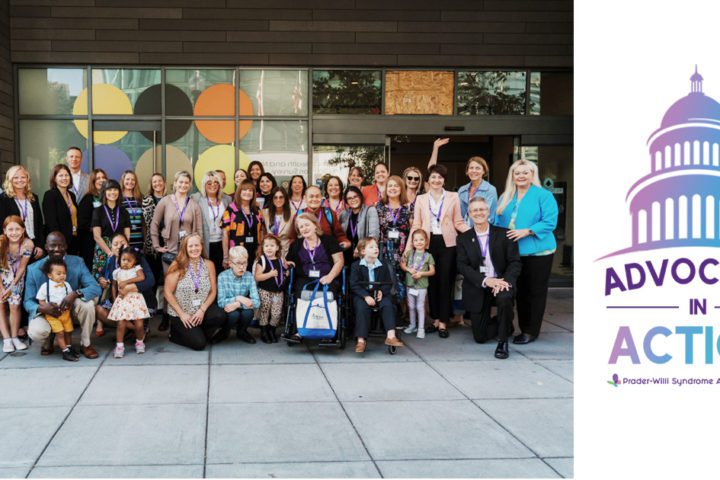
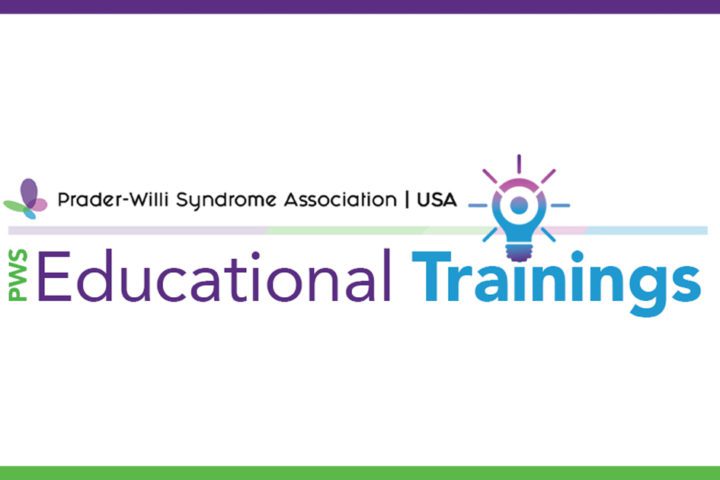

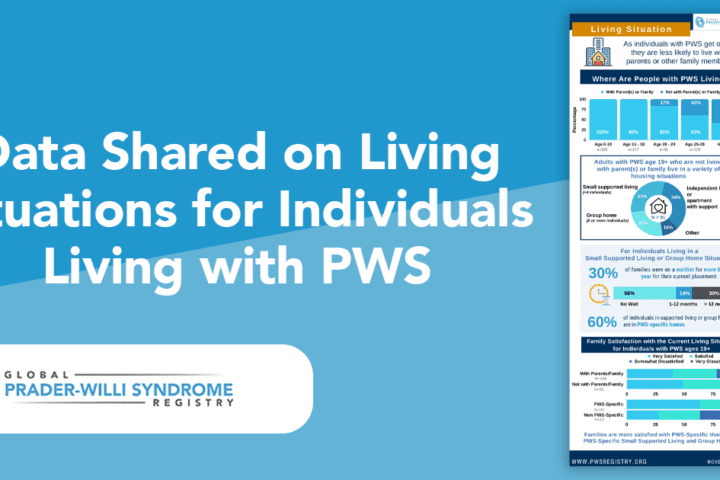

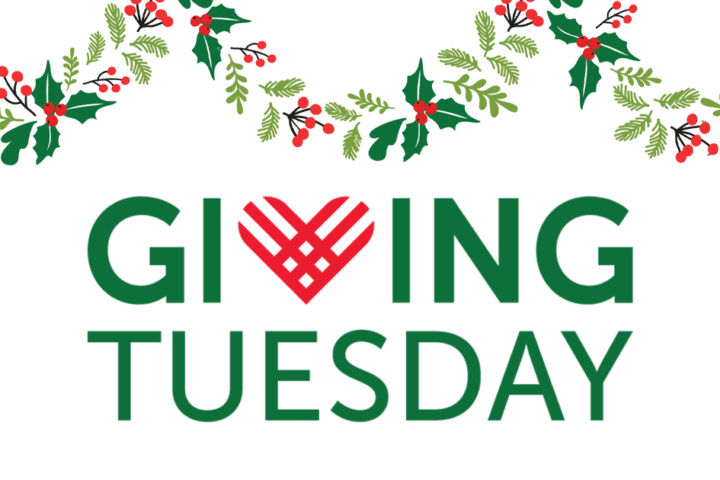
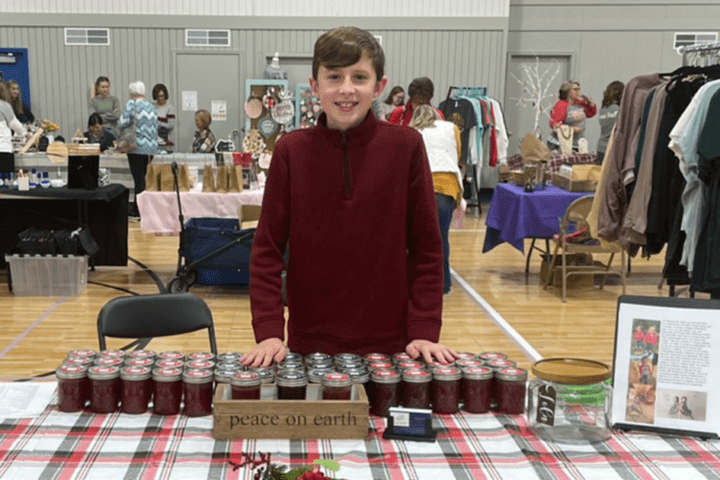
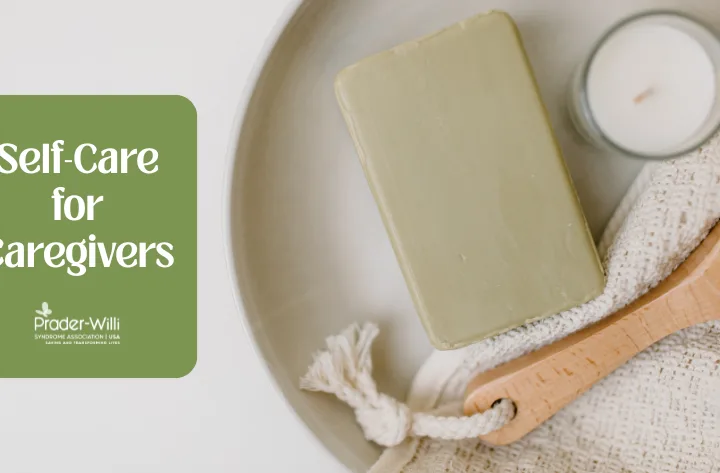



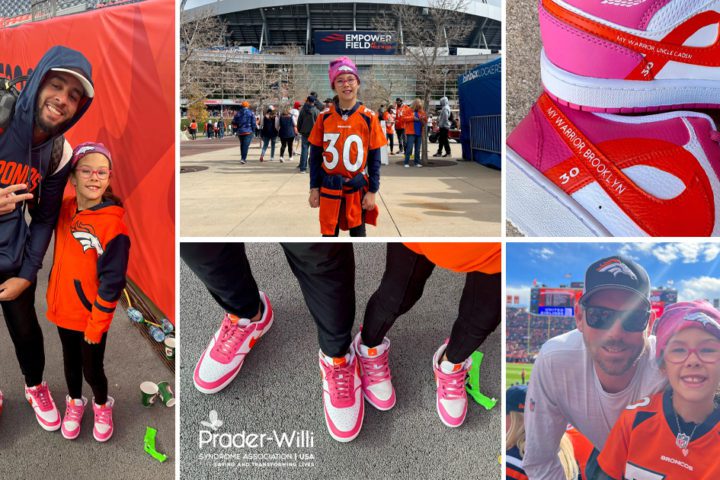



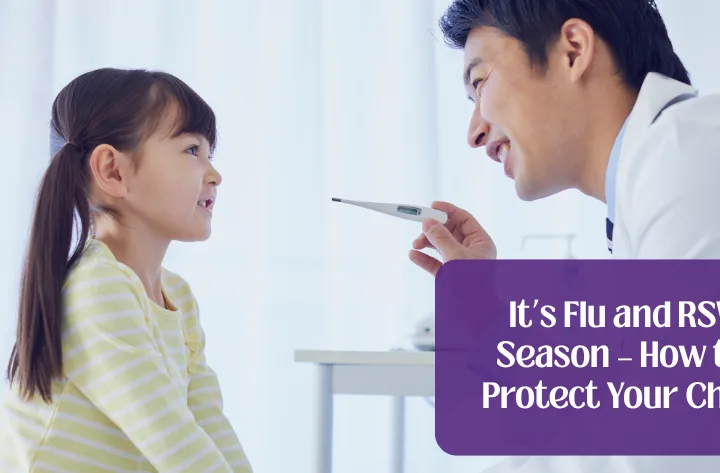
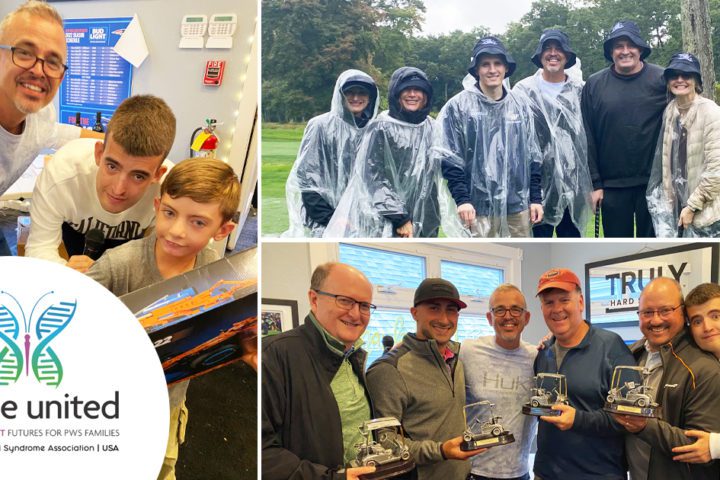
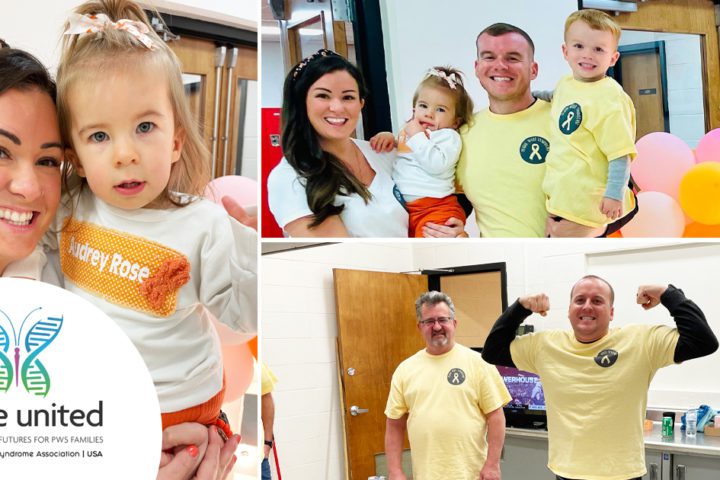

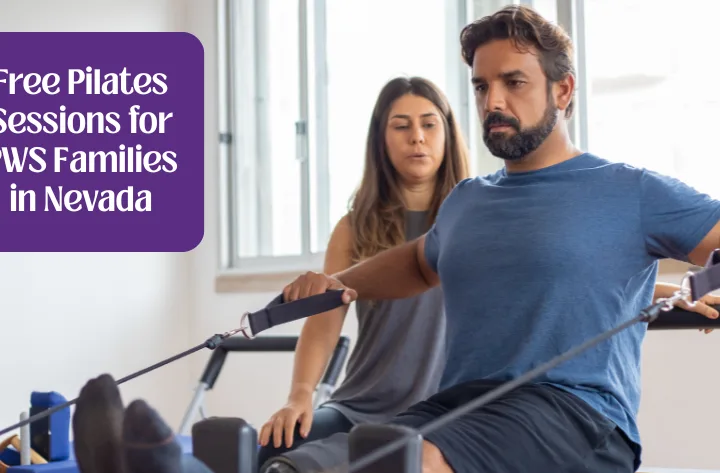
 Perry A. Zirkel has written more than 1,500 publications on various aspects of school law, with an emphasis on legal issues in special education. He writes a regular column for NAESP’s Principal magazine and NASP’s Communiqué newsletter, and he did so previously for Phi Delta Kappan and Teaching Exceptional Children.
Perry A. Zirkel has written more than 1,500 publications on various aspects of school law, with an emphasis on legal issues in special education. He writes a regular column for NAESP’s Principal magazine and NASP’s Communiqué newsletter, and he did so previously for Phi Delta Kappan and Teaching Exceptional Children. Jennifer Bolander has been serving as a Special Education Specialist for PWSA (USA) since October of 2015. She is a graduate of John Carroll University and lives in Ohio with her husband Brad and daughters Kate (17), and Sophia (13) who was born with PWS.
Jennifer Bolander has been serving as a Special Education Specialist for PWSA (USA) since October of 2015. She is a graduate of John Carroll University and lives in Ohio with her husband Brad and daughters Kate (17), and Sophia (13) who was born with PWS. Dr. Amy McTighe is the PWS Program Manager and Inpatient Teacher at the Center for Prader-Willi Syndrome at the Children’s Institute of Pittsburgh. She graduated from Duquesne University receiving her Bachelor’s and Master’s degree in Education with a focus on elementary education, special education, and language arts.
Dr. Amy McTighe is the PWS Program Manager and Inpatient Teacher at the Center for Prader-Willi Syndrome at the Children’s Institute of Pittsburgh. She graduated from Duquesne University receiving her Bachelor’s and Master’s degree in Education with a focus on elementary education, special education, and language arts. Evan has worked with the Prader-Willi Syndrome Association (USA) since 2007 primarily as a Crisis Intervention and Family Support Counselor. Evans works with parents and schools to foster strong collaborative relationships and appropriate educational environments for students with PWS.
Evan has worked with the Prader-Willi Syndrome Association (USA) since 2007 primarily as a Crisis Intervention and Family Support Counselor. Evans works with parents and schools to foster strong collaborative relationships and appropriate educational environments for students with PWS. Staci Zimmerman works for Prader-Willi Syndrome Association of Colorado as an Individualized Education Program (IEP) consultant. Staci collaborates with the PWS multi-disciplinary clinic at the Children’s Hospital in Denver supporting families and school districts around the United States with their child’s Individual Educational Plan.
Staci Zimmerman works for Prader-Willi Syndrome Association of Colorado as an Individualized Education Program (IEP) consultant. Staci collaborates with the PWS multi-disciplinary clinic at the Children’s Hospital in Denver supporting families and school districts around the United States with their child’s Individual Educational Plan. Founded in 2001, SDLC is a non-profit legal services organization dedicated to protecting and advancing the legal rights of people with disabilities throughout the South. It partners with the Southern Poverty Law Center, Protection and Advocacy (P&A) programs, Legal Services Corporations (LSC) and disability organizations on major, systemic disability rights issues involving the Individuals with Disabilities Education Act (IDEA), Americans with Disabilities Act (ADA), and the federal Medicaid Act. Recently in November 2014, Jim retired.
Founded in 2001, SDLC is a non-profit legal services organization dedicated to protecting and advancing the legal rights of people with disabilities throughout the South. It partners with the Southern Poverty Law Center, Protection and Advocacy (P&A) programs, Legal Services Corporations (LSC) and disability organizations on major, systemic disability rights issues involving the Individuals with Disabilities Education Act (IDEA), Americans with Disabilities Act (ADA), and the federal Medicaid Act. Recently in November 2014, Jim retired.